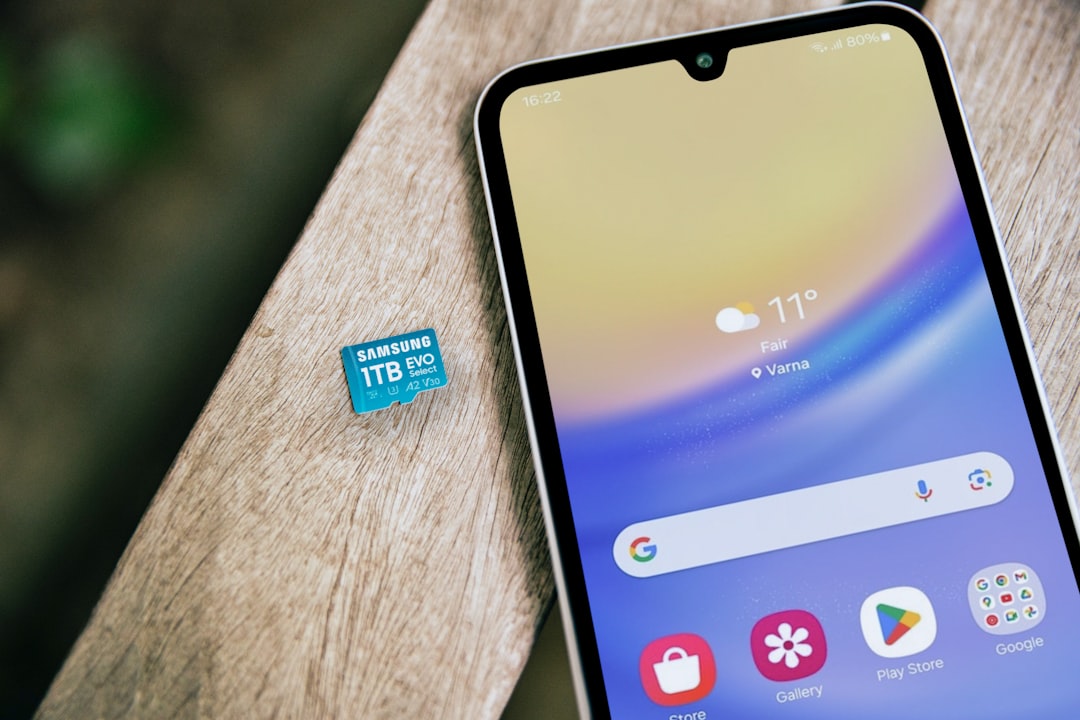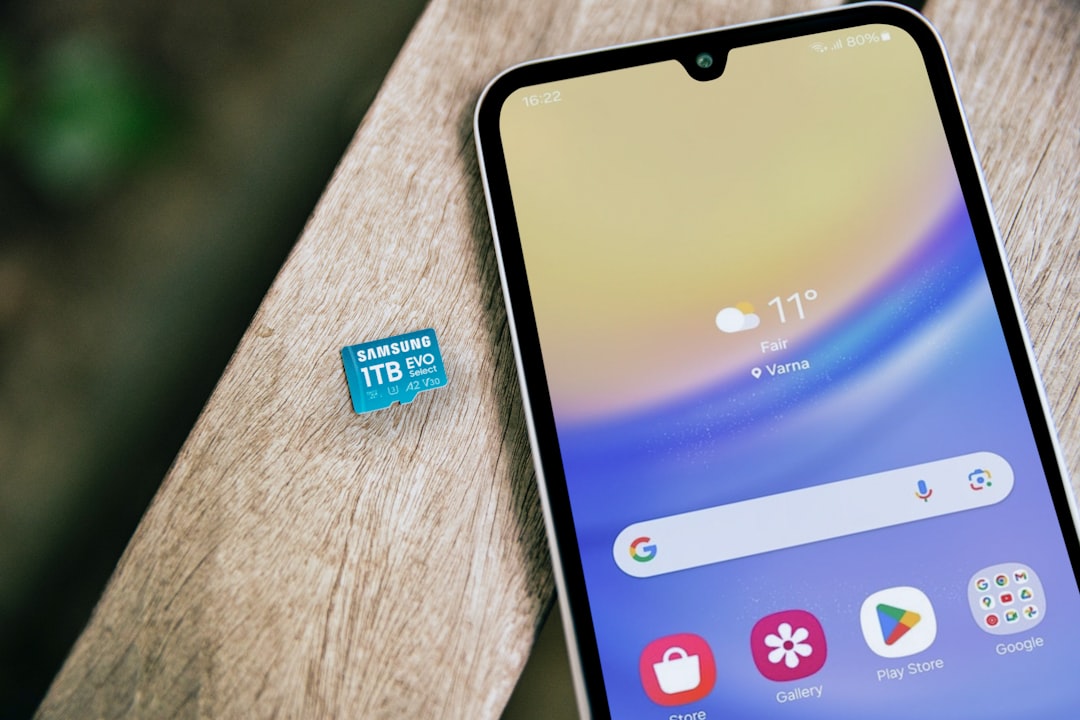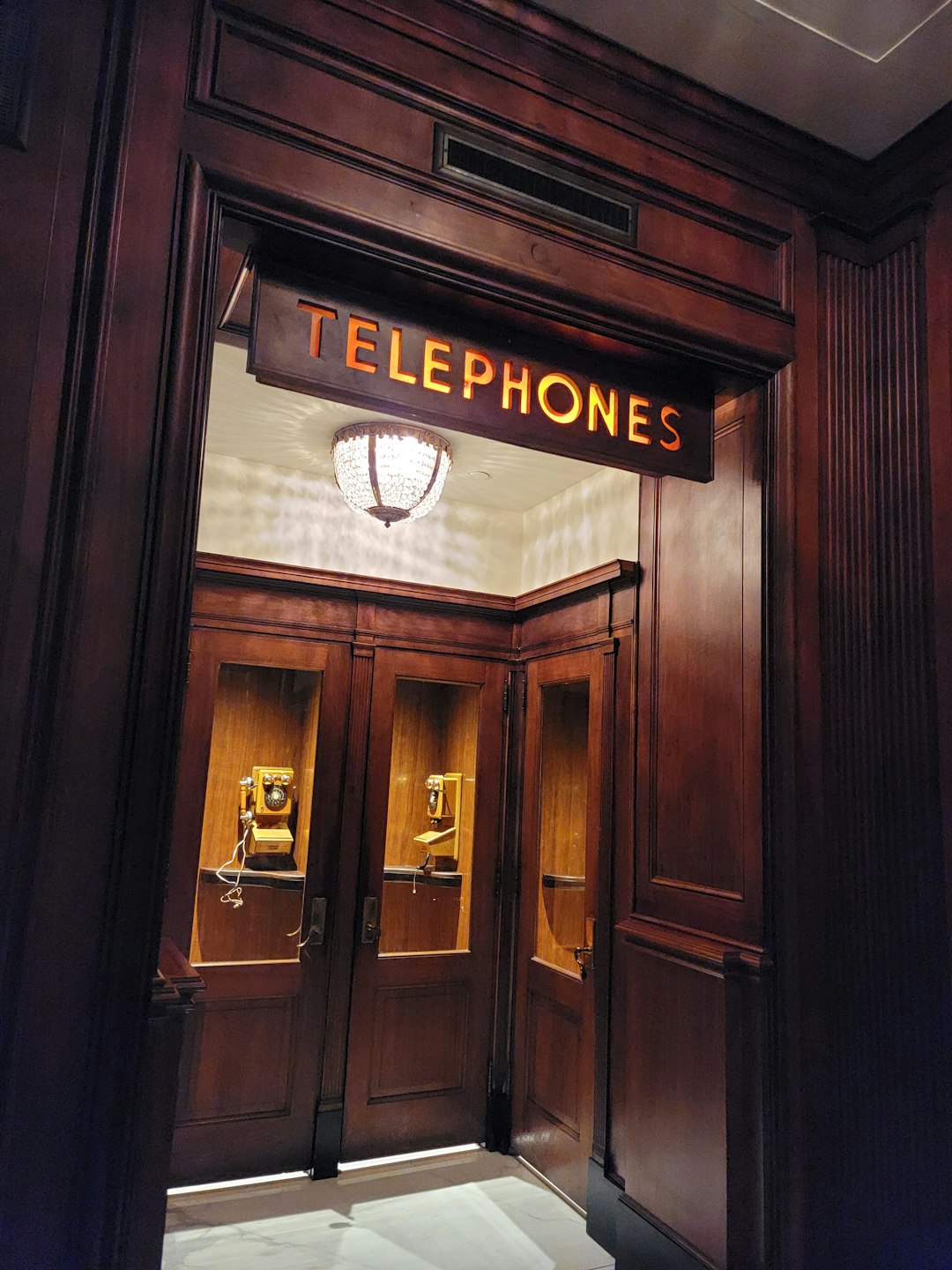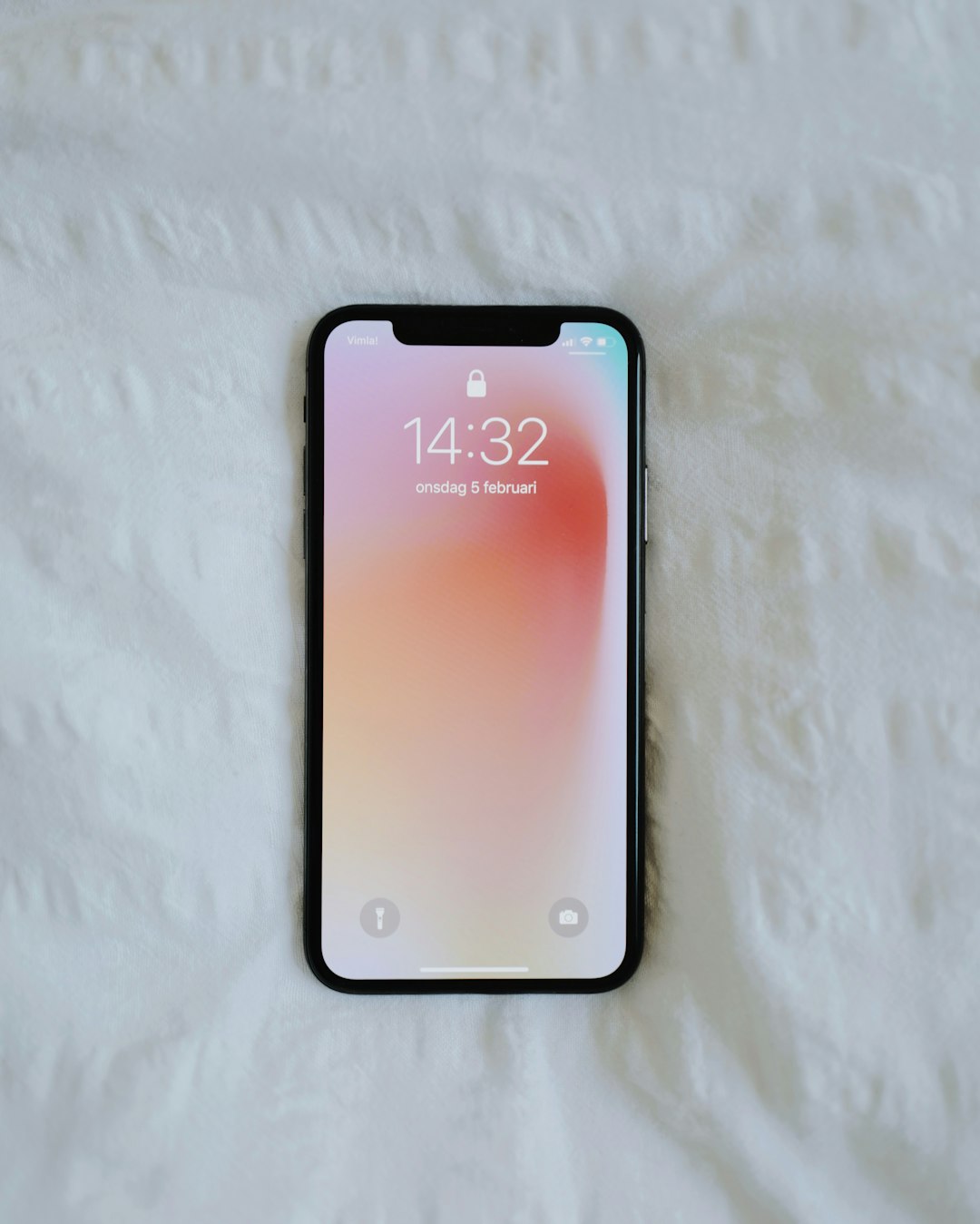In Chicago, the Telephone Consumer Protection Act (TCPA) of 1992 protects residents from spam call law firms sending unsolicited text messages (SMS spam). The TCPA prohibits automated dialing and prerecorded marketing calls without explicit consumer consent. Chicago consumers can take action against these violators by reporting them to the FTC, consulting with spam call law firms, or seeking legal recourse. Businesses should prioritize customer privacy and obtain explicit permission before sending promotional texts to avoid TCPA violations.
In the bustling city of Chicago, consumers are increasingly facing an overwhelming influx of unwanted text message spam, a prevalent issue nationwide. The Telephone Consumer Protection Act (TCPA) is a crucial piece of legislation designed to safeguard individuals from intrusive and harassing communication. This article guides Chicago residents through the intricacies of TCPA violations related to text messages, empowering them with knowledge about their rights and legal options. Furthermore, it offers businesses essential best practices to avoid such violations, ensuring compliance and fostering trust in the digital age.
Understanding TCPA and Its Relevance to Chicago Consumers

In Chicago, as across the nation, consumers are protected from unsolicited text messages by the Telephone Consumer Protection Act (TCPA). This federal law, established in 1992, restricts the use of automated dialing systems and prerecorded messages for marketing purposes. It’s a powerful tool to prevent spam call law firms from inundating Chicago residents’ phones with unwanted texts. The TCPA applies to any person or business sending text messages en masse, ensuring consumers have control over their mobile experiences.
For Chicagoans, understanding the TCPA is crucial because it safeguards against deceptive and harassing marketing tactics. It prohibits companies from sending text messages unless the consumer has explicitly consented, providing a clear barrier against unwanted communication. By knowing their rights under this law, residents can take action if they receive spam calls or texts, report violations to regulatory bodies, and even seek legal recourse if necessary.
How Text Message Spam Violations Occur

Text message spam is a pervasive issue in today’s digital age, and Chicago consumers are no stranger to it. These violations often occur when individuals or organizations send unsolicited text messages in bulk, primarily for marketing purposes. Such actions are prohibited by the Telephone Consumer Protection Act (TCPA), which was established to safeguard consumers from unwanted communication. Chicago’s consumers must be aware that spam call law firms often target them, sending promotional texts without prior consent.
The TCPA restricts automated phone calls and text messages, especially those promoting goods or services, unless the sender has obtained explicit permission. When a consumer’s number is added to a marketing list without their knowledge or agreement, it constitutes a violation. This can happen through various means, such as signing up for a service online, entering a contest, or even simply providing contact information at a physical store. Unwanted text messages from spam call law firms or any other sender are not only intrusive but may also lead to significant financial penalties for the offenders.
Rights of Consumers and Legal Recourse

Chicago consumers have rights when it comes to text message spam, protected by the Telemarketing Consumer Protection Act (TCPA). If a consumer feels their consent hasn’t been obtained or is unsure about the origin of a text message, they have legal recourse. Several options exist for those who’ve experienced unwanted or unauthorized text messages, including contacting the sender to stop future communications or reaching out to a spam call law firm in Chicago specializing in TCPA violations. These experts can guide consumers through their rights and available actions, ensuring they’re protected under federal law.
Consumers may file a complaint with the Federal Trade Commission (FTC), which enforces the TCPA, or take matters into their own hands by suing the sending entity for damages. The FTC offers a simple online complaint form, making it easy for Chicago residents to report spam text messages. Alternatively, consulting with a lawyer from a reputable spam call law firm can provide tailored advice and representation if the issue escalates or involves significant financial loss due to fraudulent or misleading text messaging campaigns.
Best Practices for Businesses to Avoid TCPA Violations

To avoid Text Message TCPA violations, Chicago businesses should adopt best practices that respect consumer privacy and preferences. One key strategy is to obtain explicit consent from recipients before sending any promotional text messages, ensuring customers have a clear opt-out option at all times. Implementing robust data management systems and regularly reviewing and updating customer contact lists can help prevent unauthorized or unwanted communications.
Additionally, businesses should clearly label texts as advertisements and provide valuable content that aligns with consumer interests. Monitoring and honoring customer preferences, including frequency of communication, ensures compliance and builds trust. Engaging with reputable text message marketing platforms designed to adhere to TCPA guidelines can also protect against accidental violations. For Chicago consumers concerned about spam calls and messages, contacting experienced spam call law firms for guidance is advisable.






